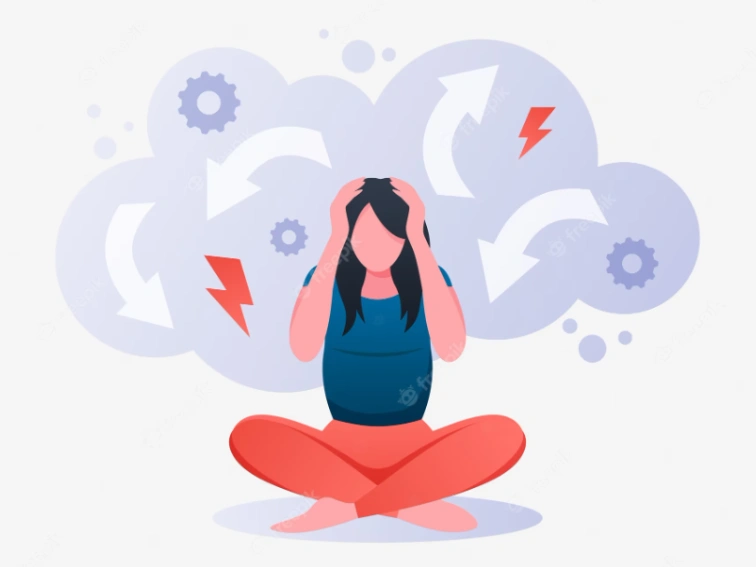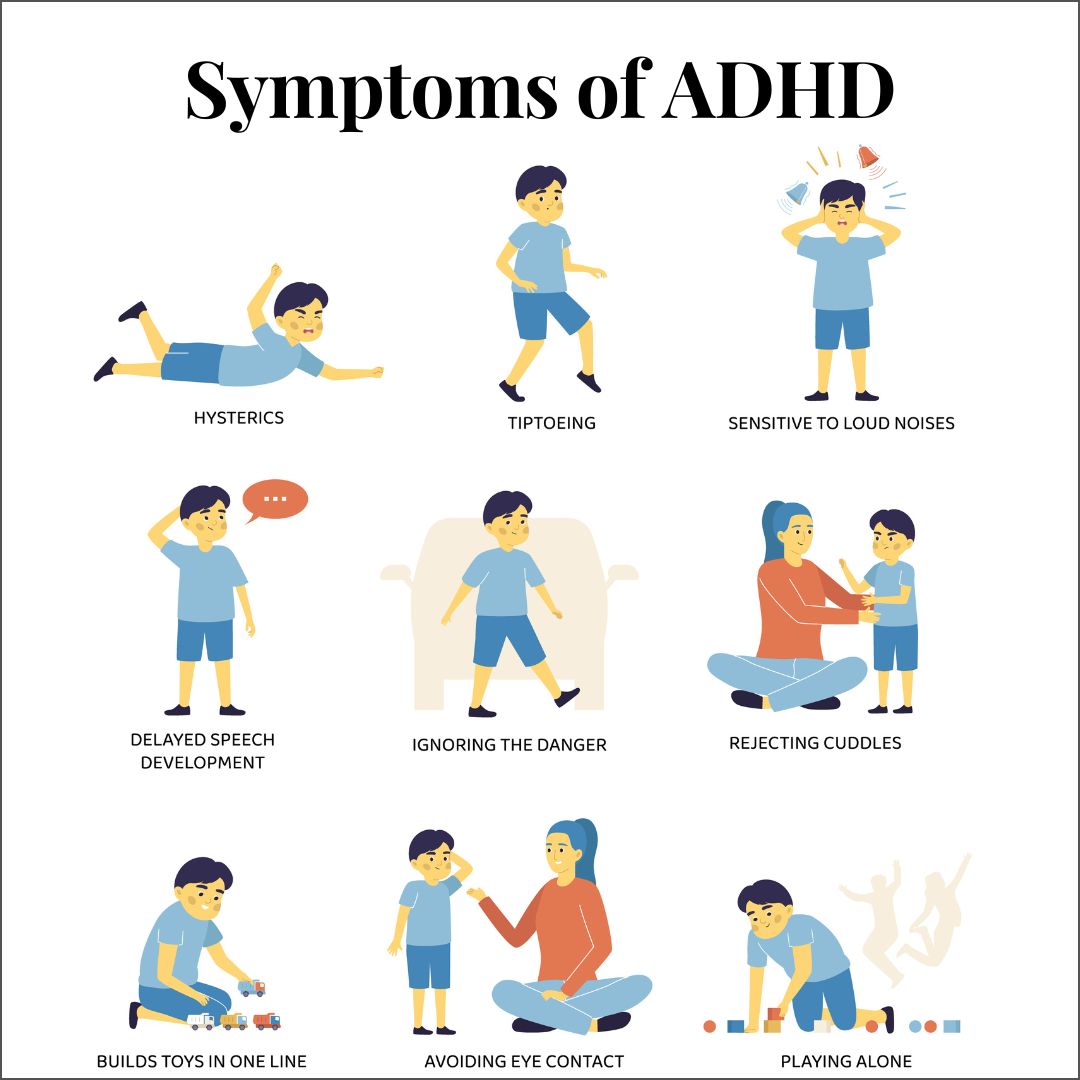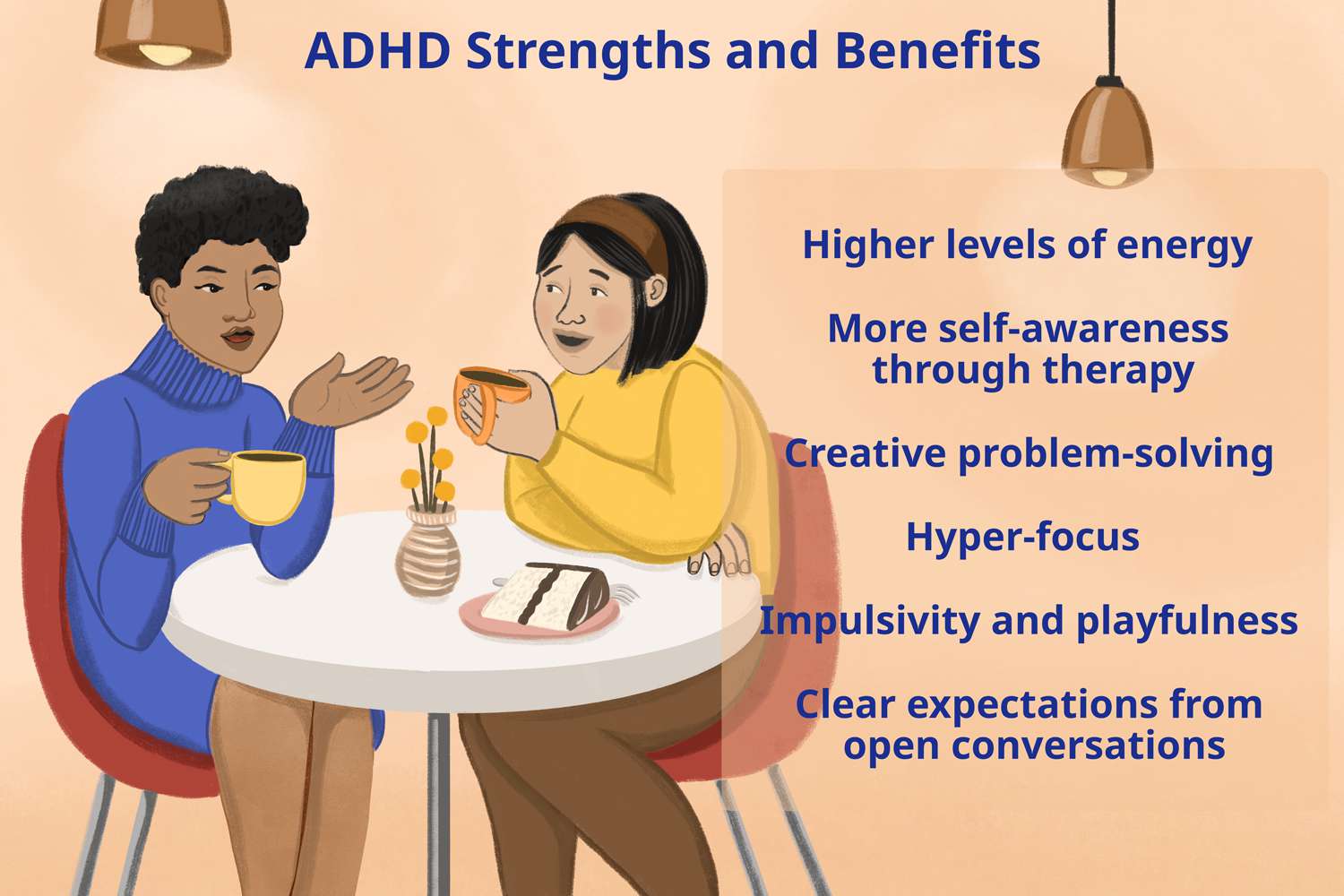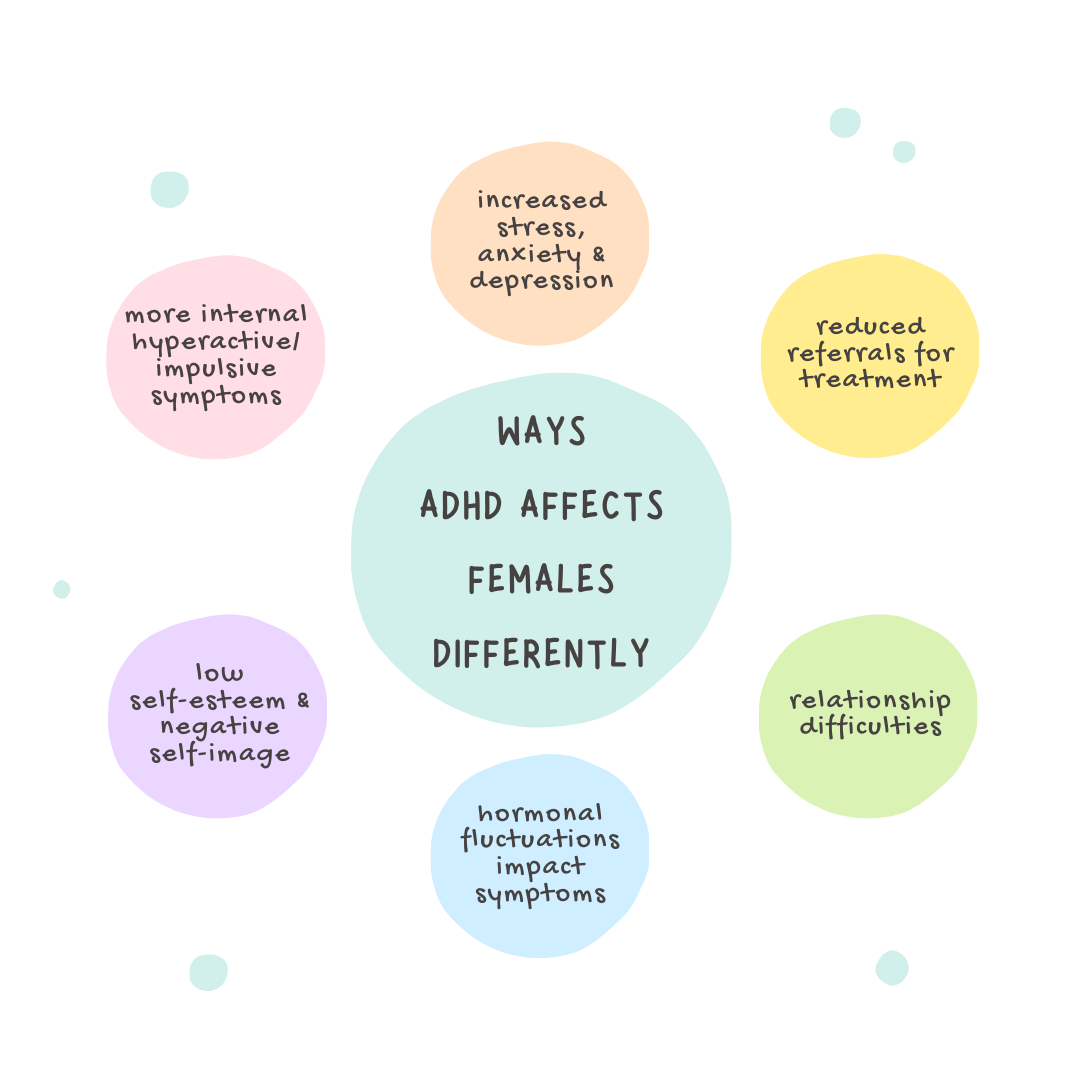ADHD
Contact us today for free advice
07876096232
ADHD and Addiction: Exploring the Risk of Dopamine Chasing
ADHD increases the risk of addiction due to impulsive behaviors and a tendency for “dopamine chasing,” where individuals seek high-reward activities or substances to counter dopamine deficiencies. While this provides short-term stimulation, it can lead to dependency, making management of ADHD crucial.
ADHD brains often seek stimulation to address low dopamine levels.
Increases the likelihood of experimenting with risky behaviors or substances.
Substances may be misused to manage ADHD symptoms.
Structured routines, therapy, and prescribed treatments reduce addiction risks.


Key Points:
Dopamine Deficiency
Lower baseline dopamine levels in individuals with ADHD can increase the allure of high-reward behaviors or substances.
Impulsivity and Addiction
Impulsive tendencies make individuals with ADHD more susceptible to experimenting with addictive substances.
Self-Medication
Some people misuse substances to manage symptoms of ADHD, inadvertently increasing their risk of dependency.
Prevention and Management
Structured routines, therapy, mindfulness, and professionally prescribed treatments can mitigate the risk of addiction in ADHD.


Impact of ADHD
ADHD symptoms can affect academic, professional, and social functioning, often leading to:
Poor school or work performance.
Strained relationships due to impulsive or inattentive behavior.
Low self-esteem due to repeated criticism or misunderstandings.
Finding Support
